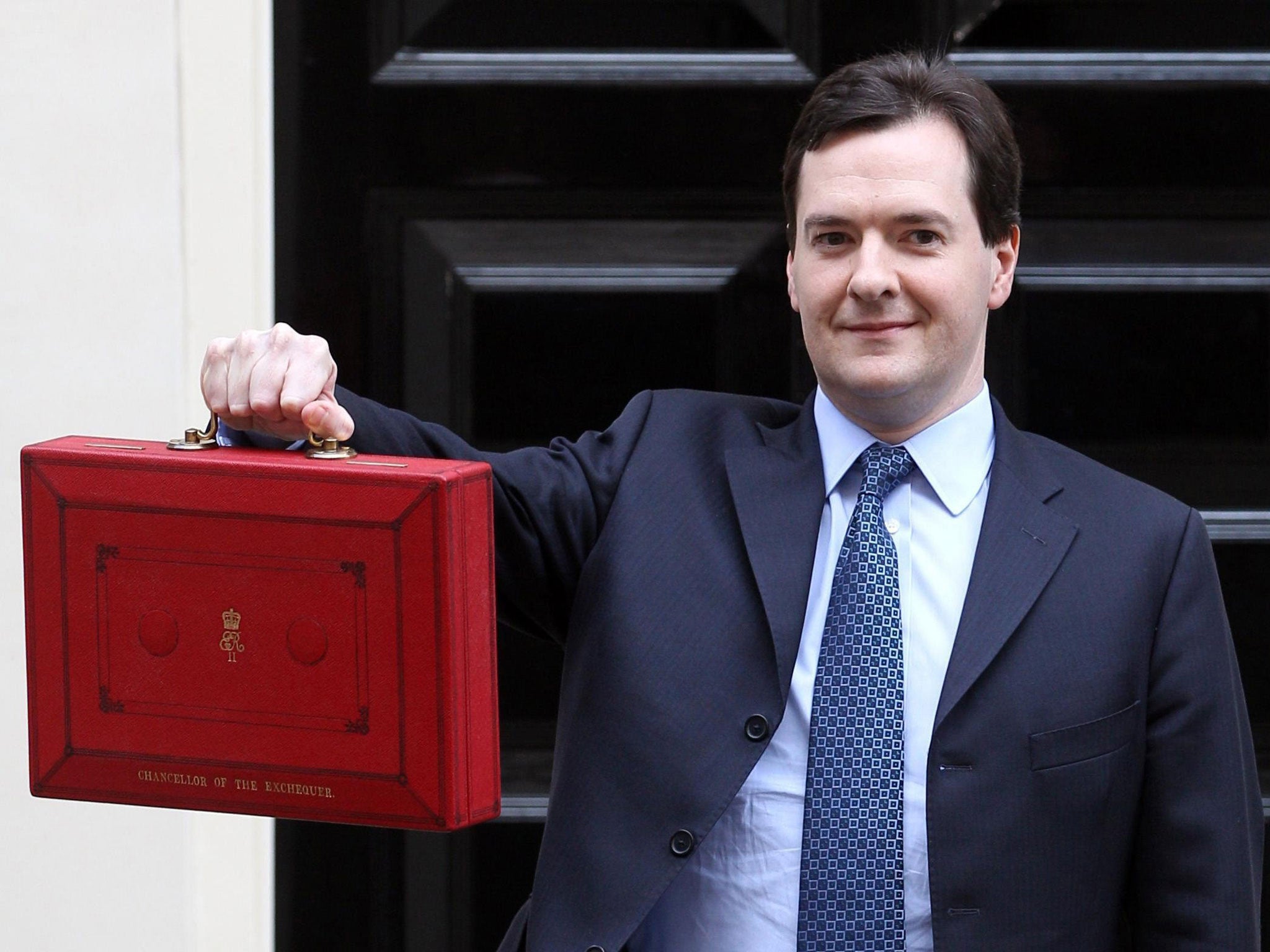Budget 2013: What George Osborne should do to help small businesses and get Britain moving again
This Government needs to embrace private sector financial innovation

On Wednesday, George Osborne should use his Budget to kick-start the UK’s small business economy. Despite several Government attempts to get the banks lending to small and medium-sized Enterprises (SMEs) - thereby helping them grow out of a prolonged recession - no progress has been made towards a goal that grows ever more important to the future of our economy. What we need urgently need is a change of approach.
One of the major concerns for the Government is how to get money directly into the economy to jumpstart growth and create jobs, hence the constant search for infrastructure projects that are ‘shovel-ready’.
But few projects are more ready for funding than the many small businesses that are seeing requests for finance rejected or put on hold by banks.
These are often small, well-run companies eager to buy new equipment and take on new staff. This kind of activity from smaller firms is what will drive growth over the next few years. As Ed Miliband said in his speech last week to the British Chambers of Commerce: “Jobs in the future are not going to come from a small number of large firms but a large number of small firms”.
Previous Government lending programmes like Funding for Lending (FLS) and Project Merlin have not been effective. Trying to force the banks to lend at a time of deleveraging and institutional risk-aversion simply makes no sense. While these schemes try to encourage banks to make more loans, at the same time new EU regulations force them to hold more capital.
Mr Osborne should stop trying to force a square peg into a round hole and stop giving the banks money that they can’t, or won’t, channel to the small companies that need it.
One idea likely to feature on Wednesday is Vince Cable’s British Business Bank which will offer long-term funding to manufacturers, exporters and growth companies. We’re still short on details, but creating another bureaucratic behemoth like RBS would be inadvisable, and take months if not years to set up. The German ‘Sparkassen’ model of regional banking networks, with local bank managers taking decisions on businesses they know well, might sound good in theory - but in reality will take a long time to come about, and even longer to make a difference.
Meanwhile the private sector has produced a number of innovative new finance providers. Internet platforms such as MarketInvoice, Crowdcube and Kickstarter; challenger banks such as Metro Bank and Aldermore; and even corporate players such as the Co-op and Community Development Finance Association are all specialising in specific financial solutions such as working capital or early-stage equity. George Osborne and Vince Cable should use the opportunity on Wednesday to turbo-charge these new players into the mainstream.
Alternative finance represents a new nimble ecosystem for small business finance, offering growing UK SMEs options as to how they fund their business. Last year saw nearly £250 million channelled through alternative finance platforms and this stands to grow substantially in 2013 and beyond. Last year also saw the launch of the Next Generation Finance Consortium, which aims to promote a broad church of new funding providers.
The current lending environment - in which five high-street banks control 85 per cent of business finance - is dangerously inefficient. Nearly all these banks offer the same finance products and there is no incentive to innovate. Small businesses should be given real options in how they choose to fund themselves. The Government should ensure a Business Bank does not crowd out private sector innovation and instead start to embrace it.
Rather than further concentrate power in the hands of the loss-making broken banks, George Osborne needs to let a thousand funding flowers bloom. Only by showing reluctant bankers that the Government is prepared to find another way to reach SMEs will the incumbents sit up and raise their game. It would be a shame to miss another opportunity to get Britain moving.
Anil Stocker is a Co-founder and Director of MarketInvoice, as well as Head of Policy at the Next Generation Finance Consortium.

Join our commenting forum
Join thought-provoking conversations, follow other Independent readers and see their replies